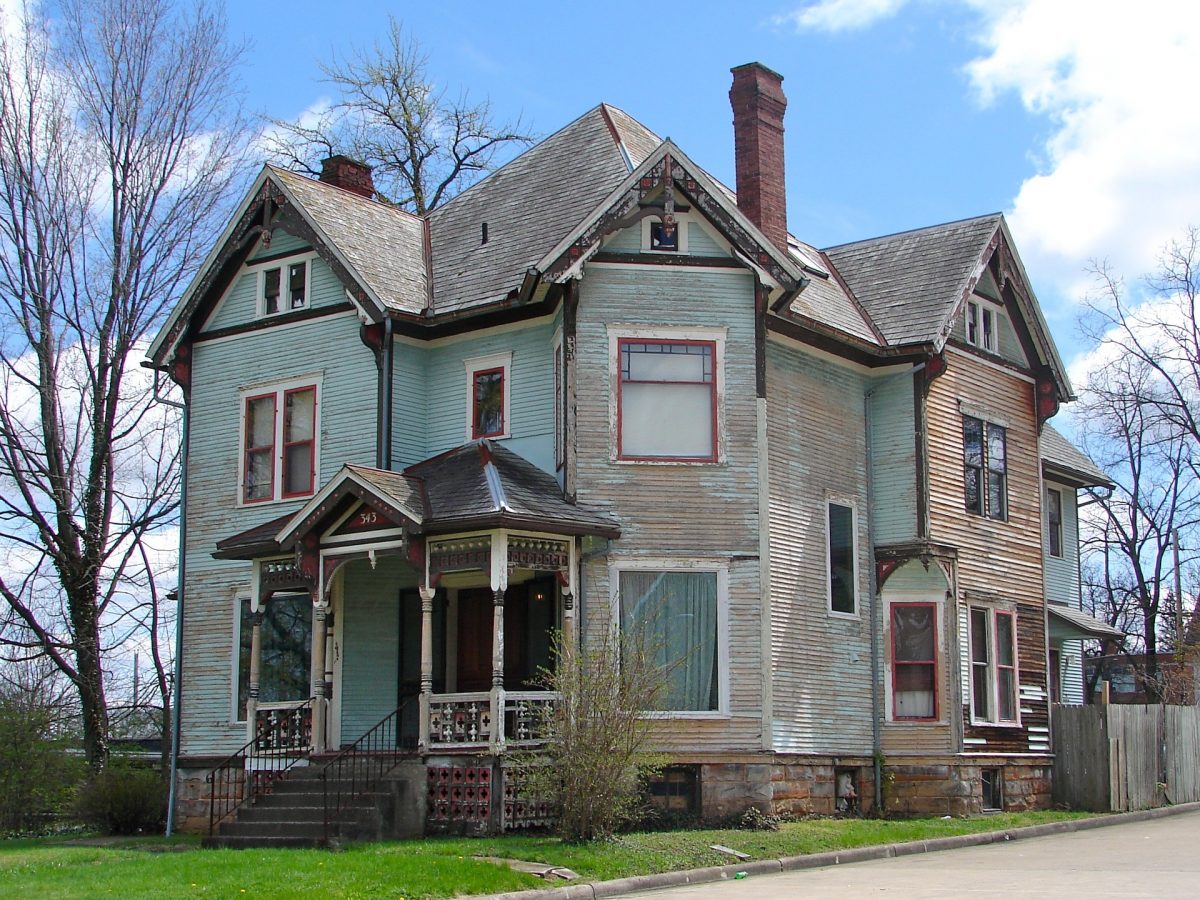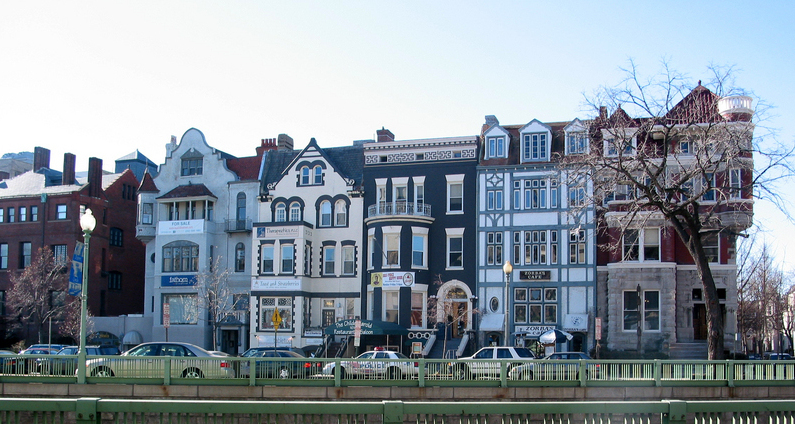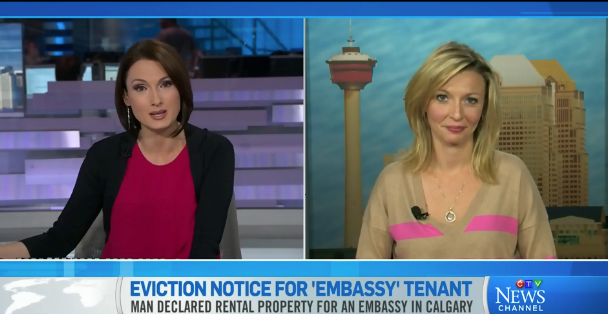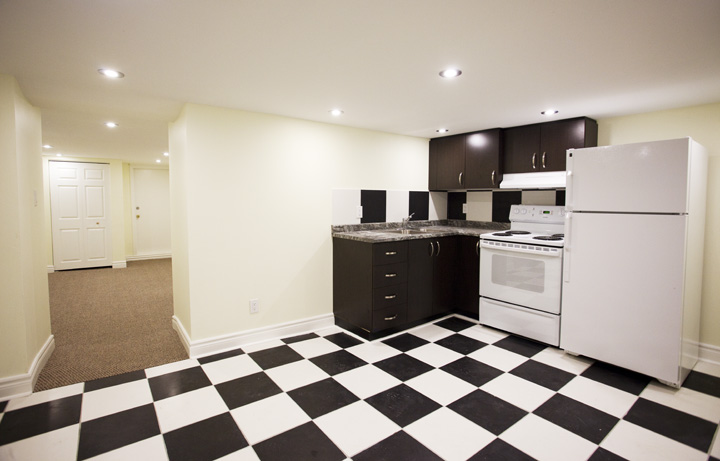Well….it’s done. 3 months, $33,000 later, and about 700 views on this video – the basement apartment from hell has been transformed. Check out the gallery of before – midway – and after images I’ve included here. You can also reference the previous posts here, here, and here about the whole process.
The budget doubled – namely because of some essential items that needed attention. Things like surprises that were found behind drywall (critical masonry and waterproofing that was needed), a required visit from a structural engineer, and a complete rewiring (including the removal of a fair amount of knob and tube electrical). In an effort to create an accurate characterization of this project, these things increased the budget on what was more in line of a common spruce up, and don’t reflect the requirement of any other unit except mine.
The place was a complete mess before – so I’m viewing this as a key investment bringing a unit up to operational cruise control for a while. Considering I was getting $450 a month for an apartment that was technically suppressing the value of the house considerably (something the appraiser told me prior to buying the building), and which was renting for below market average for the area, the fact that this renovation cost more than I was anticipating doesn’t really bother me.
Given the initial state of disarray, viewing the renovation as a strategic investment is a wise approach, especially when considering the long-term benefits it can bring. Opting for high-end interior design services during the renovation, provided by experts like www.9onmain.com interior design, can add significant value to your property. By investing in top-notch design solutions, you not only elevate the aesthetics of your unit but also enhance its functionality and appeal. The expertise of professionals from 9 on Main interior design can transform your space into a luxurious and inviting environment, maximizing its potential and making it a desirable option for potential tenants or buyers. In the realm of real estate, such investments not only justify the renovation costs but also ensure that your property stands out in the market, ultimately leading to higher returns and increased property value over time. Here’s a quick recap of what was done.
- A complete down to the studs renovation. The removal of all drywall, insulation, and carpeting.
- The reconstruction and masonry work on interior stone walls (former outside foundation walls prior to an addition in 1981).
- The addition of an I-beam support for the ceiling.
- Masonry work on outside entrance.
- Interior stone wall masonry repair and parging
- The replacement of water pipes running through the unit to the boiler, which increased the amount of natural light into the unit (they ran across windows).
- The reconstruction of a full kitchen and bathroom.
- The complete re-wiring of the entire unit – including the removal of knob and tube electrical and the addition of 18 insulated 20 year L.E.D. pot lights. Estimated energy savings vs. prior to the renovation on electrical consumption with these along is about 10%.
- The removal of old baseboard heaters and the addition of highly efficient Dimplex electrical convection heaters with wall mounted thermostats. An estimated energy savings of about 20% vs. prior to renovation.
- New appliances
- Custom kitchen cabinetry and counter top courtesy of the good folks at Ottawa Cabinet Co. This ended up being 10% cheaper than buying pre-assembled cabinetry and a counter from Home Depot AND they were able to fabricate exactly to a measured space.
- 140 square feet of solid tile courtesy of the folks at Vesta Marble and Granite. The tile was used for a half wall set up in the bathroom, floors, a shower stall, and the kitchen.
- Full re-plumbing, including the pin back of major drain pipes in the bathroom that impeded access to the shower and which the previous owner questionably built around.
- New toilet, basin, kitchen sinks, taps, faucets, etc are installed with the help of this plumber
- Creation of badly needed closet space
- Painting
- New carpet and appropriate under pad for a cement floor.
For the plumbing, we had to hire plumbers since everything had to be redone, and understanding the purpose of a sump pump was crucial in ensuring that all aspects of the home’s water management system were properly addressed. A sump pump helps prevent water damage by redirecting excess water away from the home’s foundation, which is essential for maintaining a dry and secure living environment. And to make the space a comfortable space to hang around in, installing an HVAC system is highly recommended and professionals like HVAC Portland can help with this. Additionally, considering the climate, engaging an ontario ac repair service would ensure the system functions optimally, providing consistent comfort year-round. Furthermore, an annual furnace repair service must be scheduled to keep your hvac system efficient. If you’re looking for ac repair honolulu services, you may contact local hvac companies. Visit sites like https://rapidrepairs247.com/ for additional guidance.
I was getting $450 a month. I’m aiming for $749 a month now, and just put up the listing. Couple of interesting things post renovation. The unit was originally a badly laid out 1 bedroom apartment. After doing all the work, and actually adding about 15 square feet to the place, I decided it was a better bachelor/studio unit, and I’m going to market it as such. Technically – the definition of a 1 bedroom apartment includes a separate and distinct living and bedroom area. In most cases, it also includes a door separating the bedroom. I feel a lot better about having a good sized and nicely put together bachelor unit than I did about a badly laid out and dingy 1 bedroom basement.
Looking at this as a long term exercise – and taking into account the increase in rent this will yield versus what I was getting before – without putting this down on paper – it will take me about 9 years to recoup the investment I made. This doesn’t take into account rent increases over that time or tenant turnover and a new set rent price. It also doesn’t take into account the value that’s been added to building (according to the appraiser I spoke with, it’s around $45,000). Lastly – it doesn’t take into account the reduction in operating attention I need to apply to the unit. All this to say, I’ve decided not to blow a gasket about how much this cost. From an operating perspective – I have a basement apartment that’s easier to market and rent now, and I’ll be earning an extra $3600 a year.
There’s a lesson I learned from this whole process. It’s essential to look at this as a long term thing. If you’re doing this – you might be inclined to finish it as quickly as possible, panic about budget, and neglect paying attention to details. You might also be inclined to jack up the rent unreasonably (especially after having not earned any money from the unit while you were doing the work) without doing some research on the rental market and taking into account the vacancy rate. Ottawa, a historically stable rental market and one of the best cities to be a landlord in – has experienced a significant increase in the vacancy rate. There’s way more selection. There’s also been a noticeable increase in landlords publishing astronomical and unrealistic rents post renovation to units. I don’t agree with this philosophy. Charging $1200 a month for a basement bachelor unit isn’t reasonable – even if you’ve spent $50,000 on fixing it up. You’ll just end up reducing the rent and getting desperate as you sit on a newly fixed up place in your search for a tenant – especially if it falls outside of the best times to rent an apartment. If I were to summarize the whole experience up – I’d give this advice…
- Plan everything out before you start. Invest in drawings if you think it’s necessary. Have a clear understanding of what you want to do, what’s reasonable to do, and work towards a concise and air tight plan of action while simultaneously ensuring any essential and glaring things are accounted for and addressed to make it an appropriate environment for a tenant.
- Hire good contractors just like these Trusted Vancouver plumbing professionals and make sure the work is done properly and to code. Don’t skimp. It will only end up costing you more money.
- Assume there will be a 15% increase in your estimated budget. This helps with setting expectations and not panicking.
- Consider items that add long term value to the building and incorporate them into the project if it’s reasonable and makes sense.
- Mentally prepare yourself for surprises and avoid a panic. This includes a clear understanding that you’ll be working in a monetary negative – i.e. you won’t be earning money from the unit while also spending money on it.
- Don’t overkill it. Know your space. Adding marble floors and stainless steel appliances might look nice, but it’s a rental. Those kinds of things might make sense if you’re renting out a premium spot with a premium rent. For most of us though – this isn’t the case.
- Set a date and understand there are optimum times through the course of a year to rent a unit. Doing a major renovation and having it wrap up smack in the middle of January isn’t doing you any favours. There are considerably fewer people looking to rent an apartment in the middle of the winter. Plan the job at a time when it will end at least 30 days out from the best time to find a tenant.
***Last little update. Today – August 31st, 2013 – the day I published this post, I had 7 showings and ended up renting the unit to a new tenant at about 4:30 in the afternoon.
Have you renovated a unit from top to bottom? Worked on a basement apartment? Share you stories with us. How did it go for you?



























